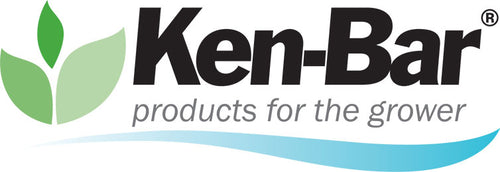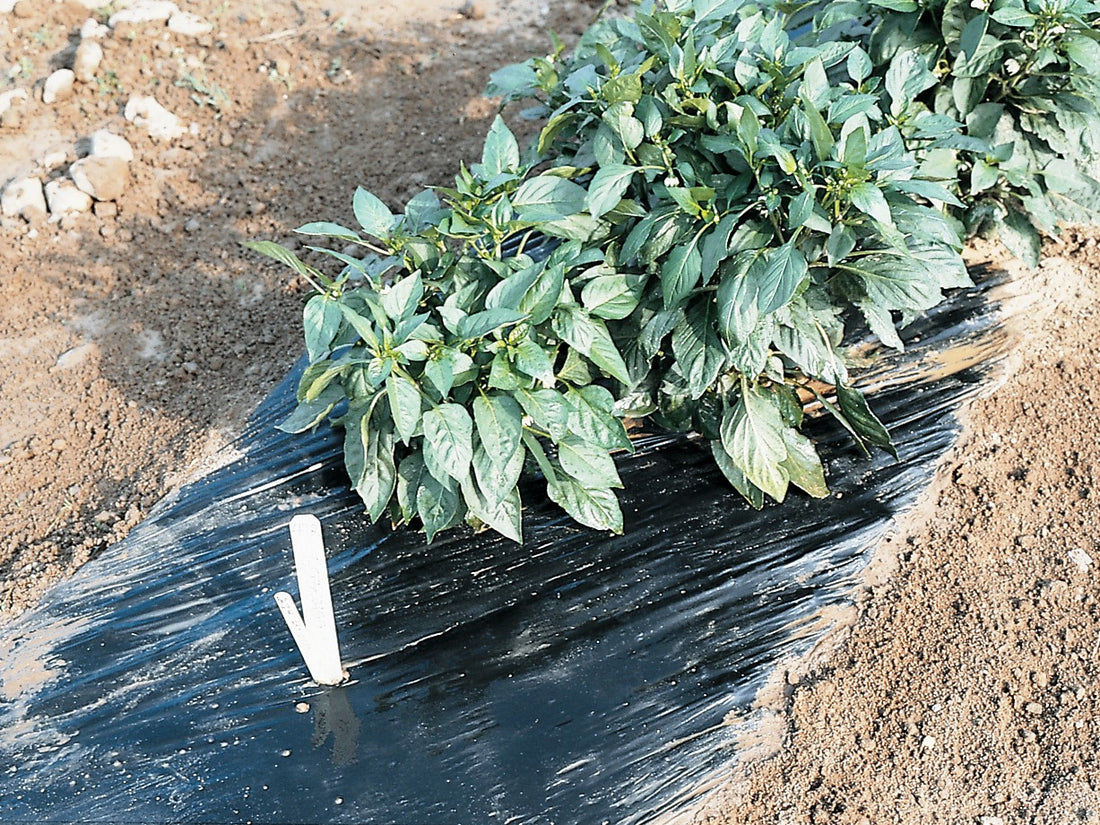Installing plastic mulch is a popular technique used by farmers and gardeners to control weed growth and retain soil moisture. It involves covering the soil with a thin layer of plastic sheeting, usually made of polyethylene, which creates a barrier between the soil and the atmosphere.
Weeds are a major problem for farmers and gardeners as they compete with crops for resources such as sunlight, water, and nutrients. Weeds can also harbor pests and diseases that can damage crops. One of the benefits of plastic mulch is that it helps to prevent weeds from germinating and growing by blocking out sunlight. The plastic sheeting creates a physical barrier that prevents weed seeds from coming into contact with the soil, thereby reducing weed growth.
Another benefit of plastic mulch is that it helps to retain soil moisture. The plastic sheeting acts as a barrier to prevent water from evaporating from the soil surface, which can be especially important in hot and dry climates. When soil moisture is conserved, crops are better able to access the water they need to grow and produce a good yield. Plastic mulch can reduce your water consumption by reducing the rate at which moisture evaporates from the soil.
Drip tube irrigation systems can be installed under the plastic as the plastic mulch is laid to provide water and supplemental nutrients directly to your crop.
To use plastic mulch, the soil must first be prepared by removing any weeds and debris, and then tilling or raking the soil to create a smooth surface. The plastic sheeting is then laid on top of the soil and anchored in place using soil staples or other methods. Plastic mulch can be laid by hand, for smaller beds, or using a mechanical mulch laying machine towed behind a tractor. The sides of the plastic mulch can be secured by burying approximately 6" of the film in loose soil. Once the plastic is in place, holes can be cut into it to allow for the planting of crops.
There are different types of plastic mulch available, including clear, black, and colored plastic. Clear plastic is effective at trapping heat and warming the soil, which can be beneficial in cooler climates. Black plastic is good for suppressing weed growth and retaining moisture, while colored plastic can be used to provide specific light wavelengths that are beneficial to certain crops.
While plastic mulch has many benefits, there are also some drawbacks to consider. For example, plastic mulch is not biodegradable and must be removed and disposed of at the end of the growing season, which can be labor-intensive and have environmental implications. Additionally, plastic mulch can increase soil temperature, which can be detrimental to some crops, and it can limit the soil's ability to exchange gases with the atmosphere.
Plastic mulch is an effective technique for controlling weed growth and retaining soil moisture. By providing a physical barrier between the soil and the atmosphere, plastic mulch can help to conserve water and nutrients and improve crop yields. While there are some drawbacks to using plastic mulch, with careful management and disposal practices, it can be a useful tool for farmers and gardeners looking to improve their crop production.

